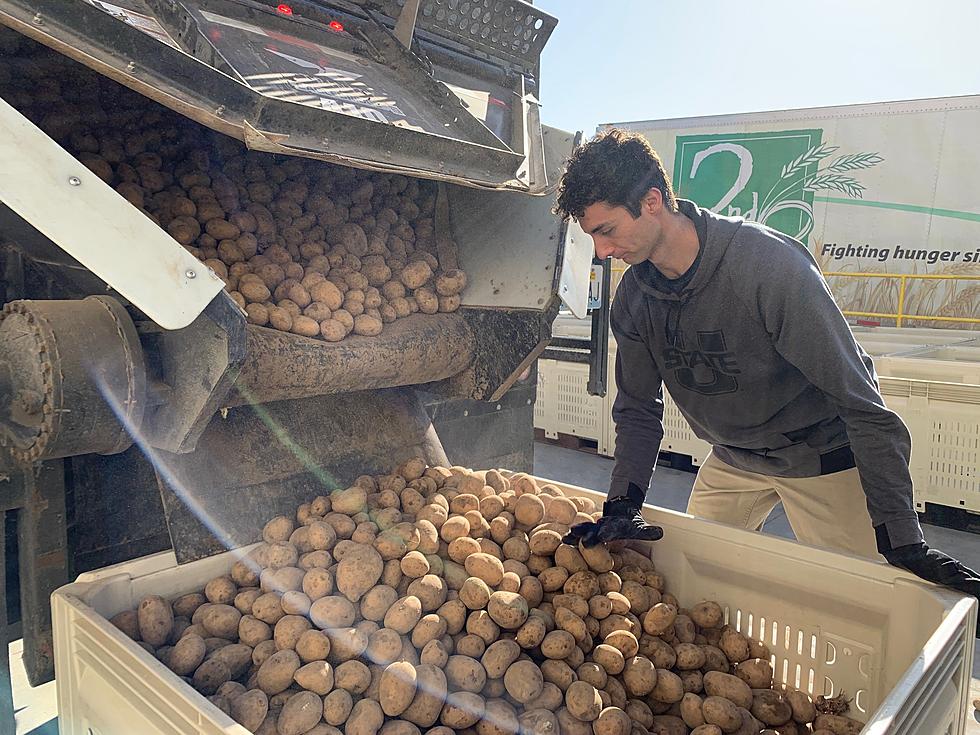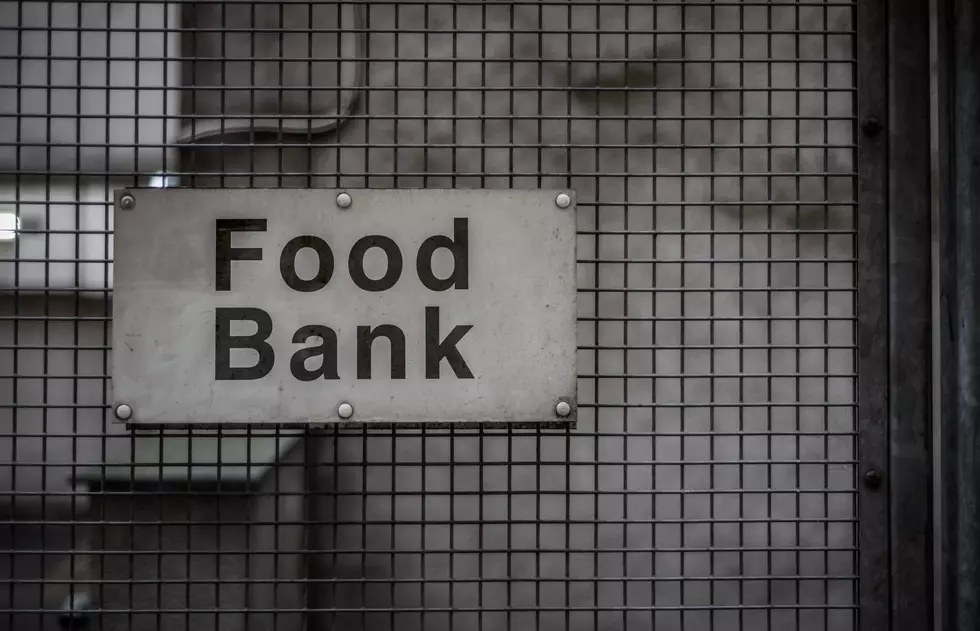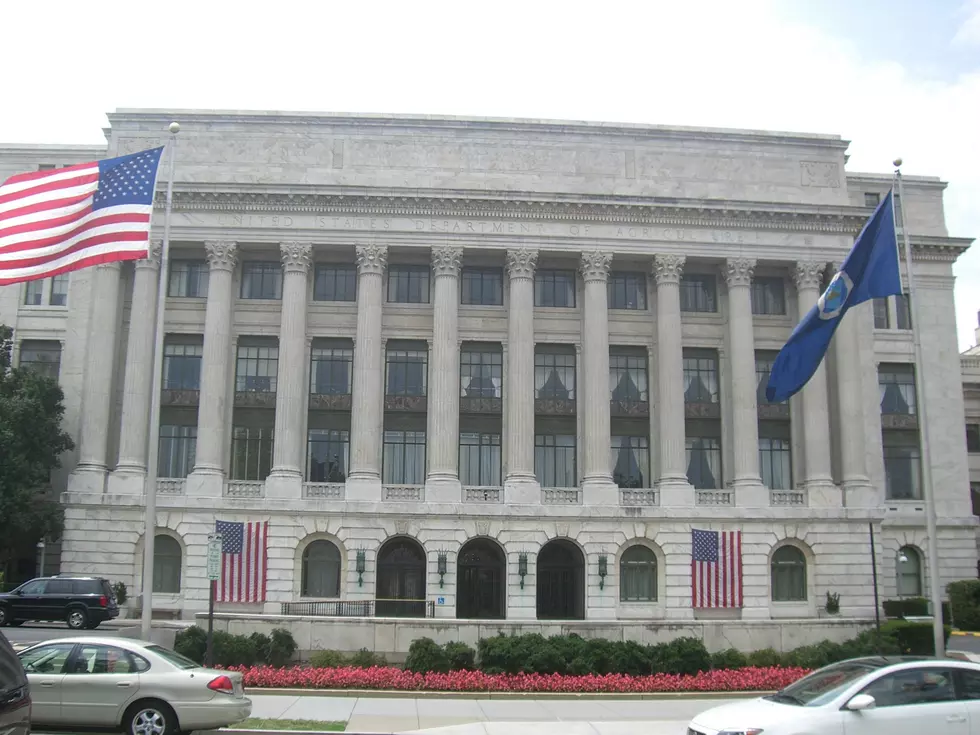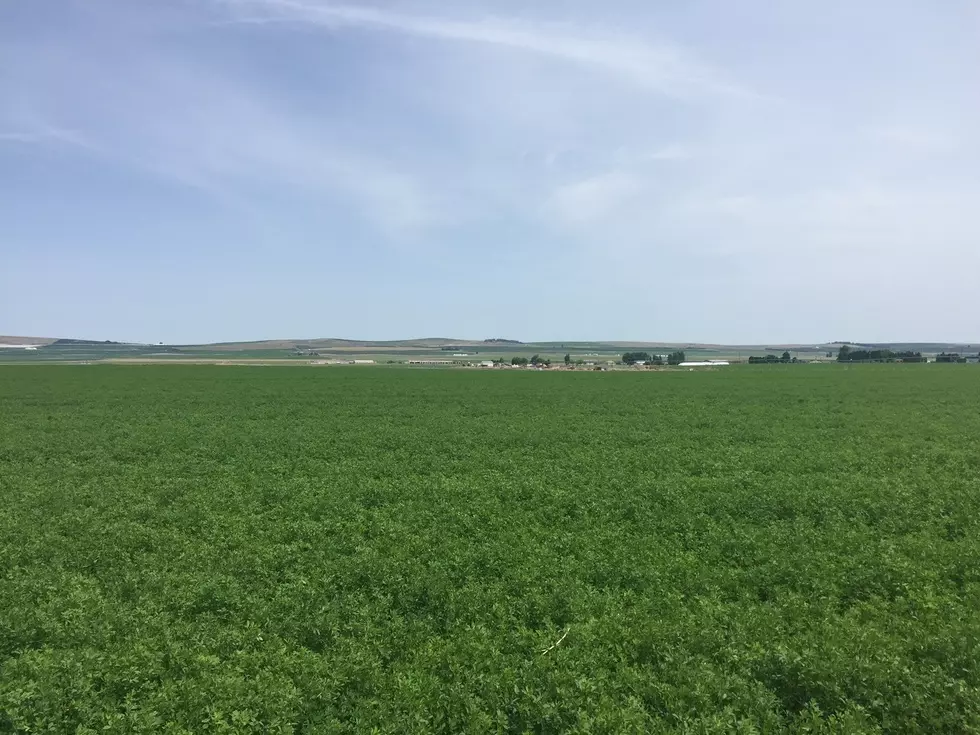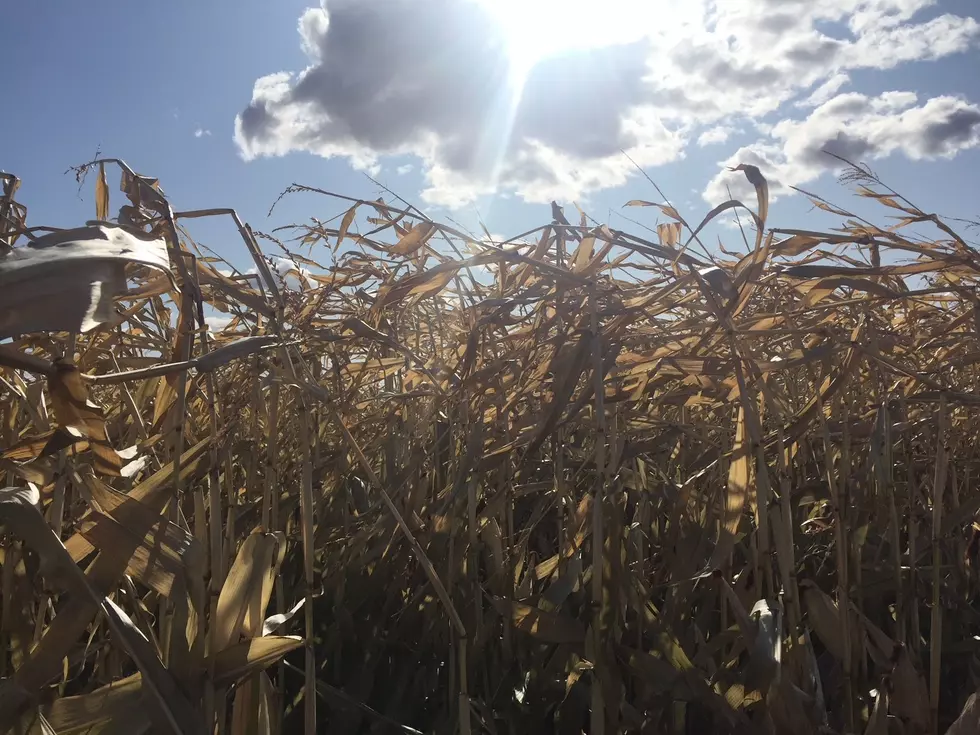
Research: As Rainfall Declines, Food Insecurity Increases
Research by Penn State University published in ScienceDaily shows food insecurity increases when rainfall is below normal. The researchers focused on food insecurity in Tanzania, and found moving from a year with typical rainfall to a particularly dry year was associated with a 13-percentage-point increase in the risk of being food insecure. Tanzania has a high prevalence of food insecurity and is highly dependent on rain to grow its maize crops.
Penn State assistant professor Heather Randell said, "Potential interventions could include providing drought-tolerant maize, increasing access to agricultural extension services, scaling up agricultural index insurance, improving uptake of soil and water conservation practices, and providing cash transfers based on drought early warning systems."
Randell added the findings also could apply to other low- and middle-income countries, especially those heavily dependent on maize production. The researchers say food insecurity affected about two billion people, or 26% of the global population, in 2019.
If you have a story idea for the PNW Ag Network, call (509) 547-9791, or e-mail glenn.vaagen@townsquaremedia.com
More From PNW Ag Network




